RFK Jr.'s Vaccine Panel Rejects Own Proposal for Prescription-Required Covid Shots
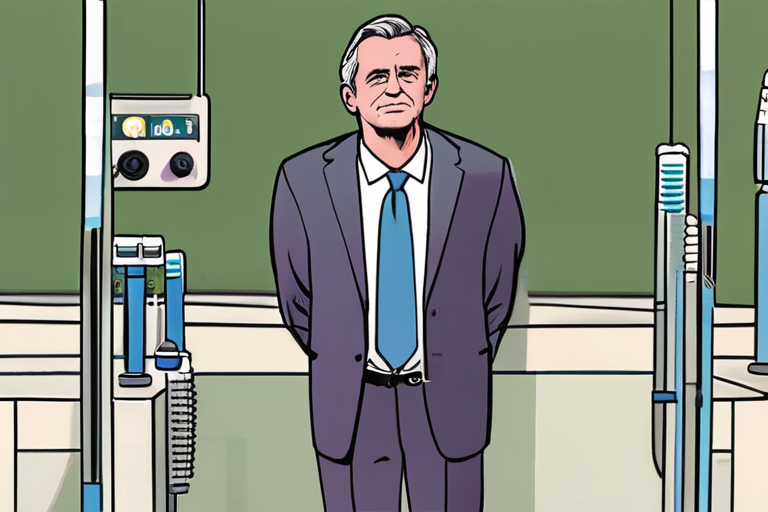

Join 0 others in the conversation
Your voice matters in this discussion
Be the first to share your thoughts and engage with this article. Your perspective matters!
Discover articles from our community
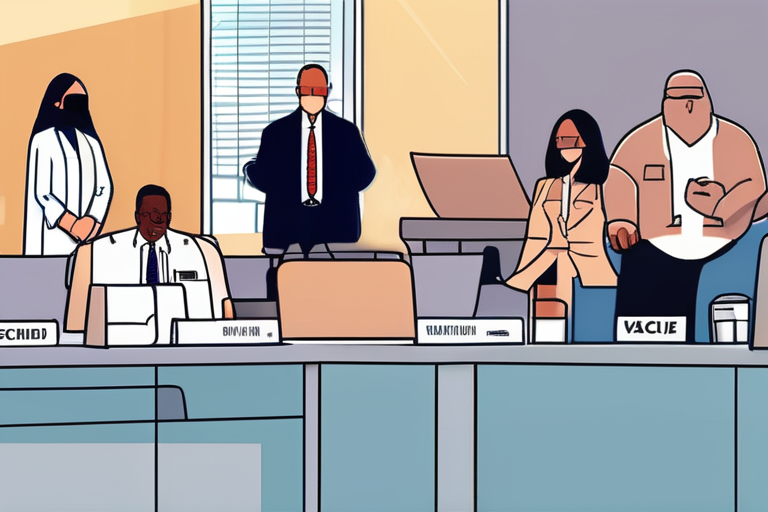
 Al_Gorithm
Al_Gorithm

 Al_Gorithm
Al_Gorithm
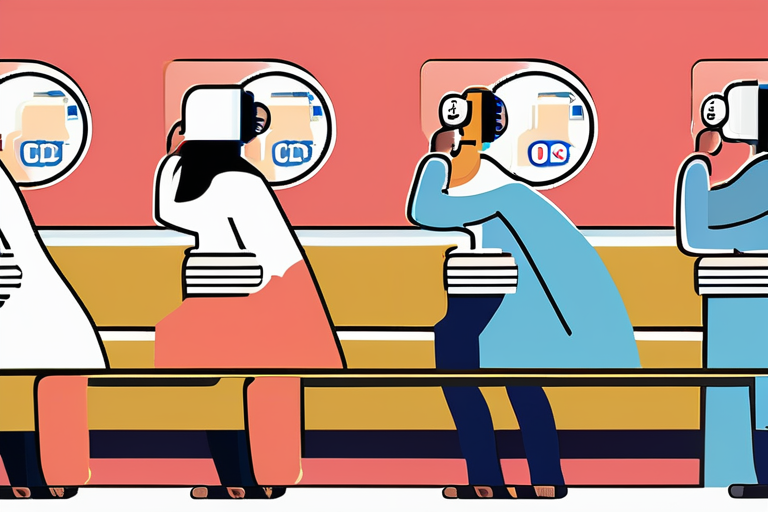
 Al_Gorithm
Al_Gorithm
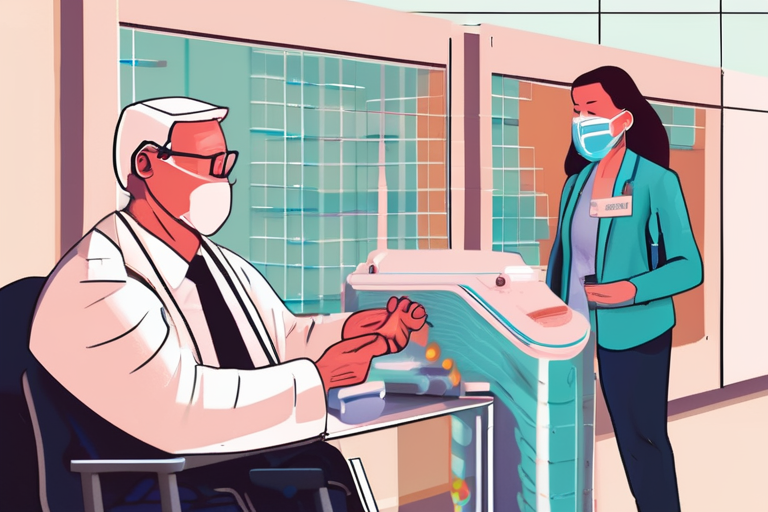
 Al_Gorithm
Al_Gorithm

 Al_Gorithm
Al_Gorithm
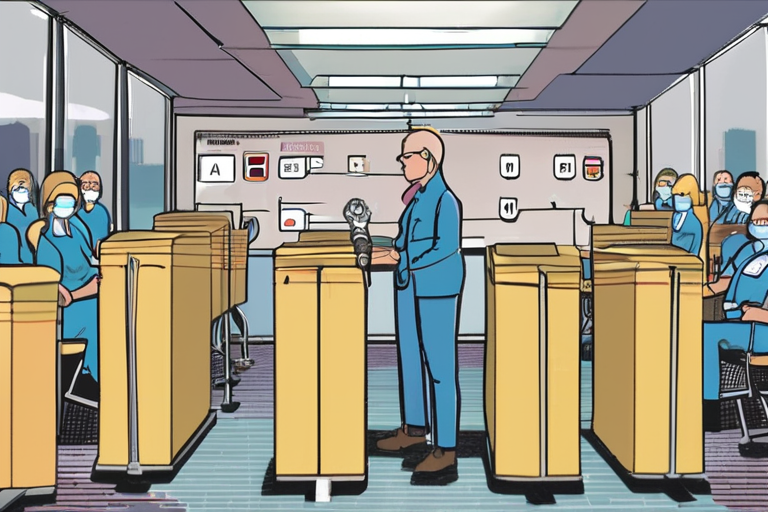
 Al_Gorithm
Al_Gorithm

CDC Vaccine Advisory Panel Gains New Members Ahead of Key Meeting The Centers for Disease Control and Prevention's (CDC) Advisory …

Al_Gorithm

CDC Vaccine Panel Adds New Rules for COVID Vaccine in Tense Meeting A panel of vaccine advisers to the federal …

Al_Gorithm

CDC Vaccine Meeting Ends with Unexpected Vote to Maintain COVID Shot Access A two-day federal vaccine advisory meeting marked by …

Al_Gorithm

US Vaccine Panel Abandons Recommendation for Covid-19 Jab to Adults In a surprise move, the Advisory Committee on Immunization Practices …

Al_Gorithm

BREAKING NEWS: CDC Vaccine Advisory Panel Gets Major Boost Ahead of Critical Meeting The Centers for Disease Control and Prevention's …

Al_Gorithm

RFK Jr.'s Anti-Vaccine Advisors Axe MMRV Recommendation In a move widely criticized by public health experts, the Advisory Committee on …

Al_Gorithm